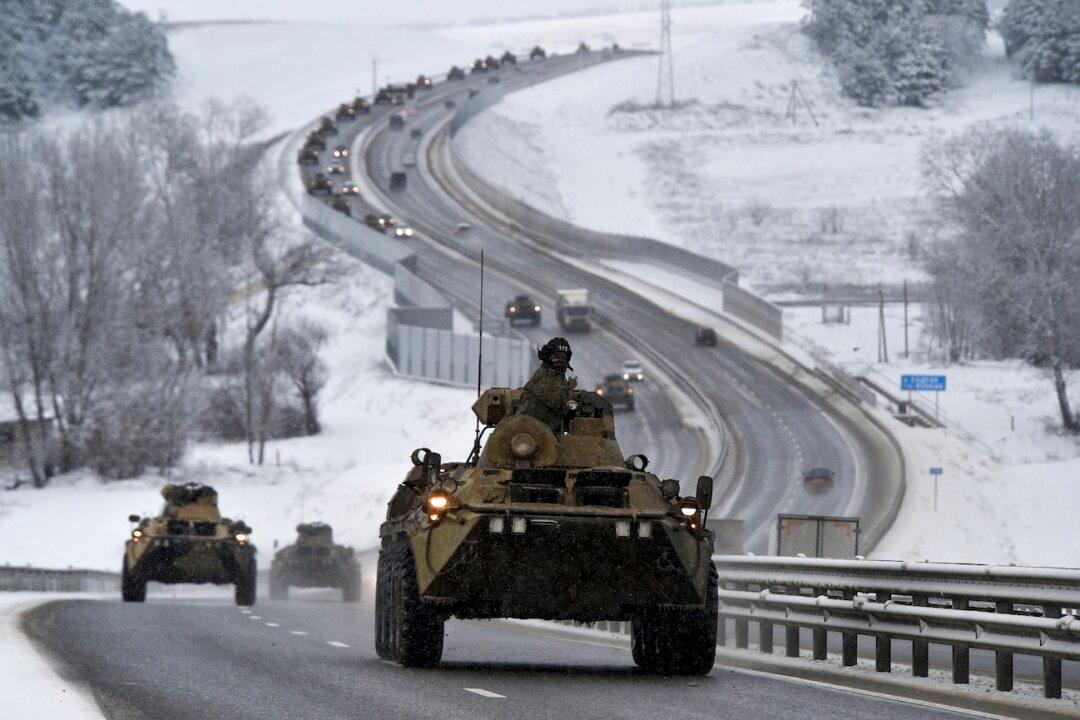U.S. Defense Secretary Lloyd Austin has spoken by phone with his Russian counterpart, Andrei Belousov, amid steadily mounting tension between Washington and Moscow.
Held on June 25 at Mr. Austin’s request, the telephone call came two days after a Ukrainian missile attack on Crimea left four Russian civilians dead.





